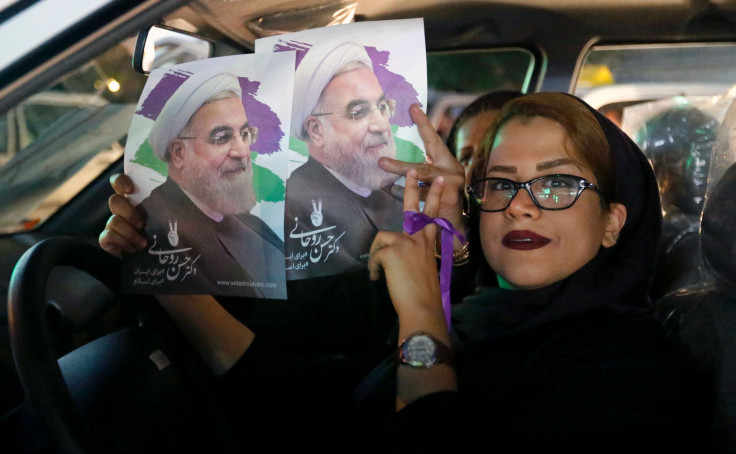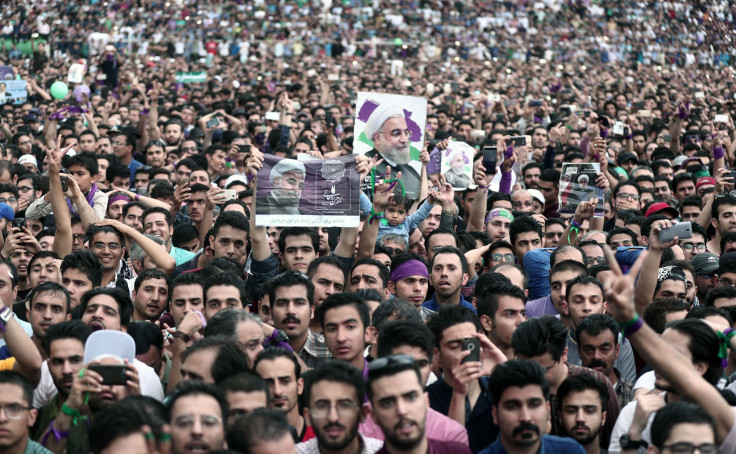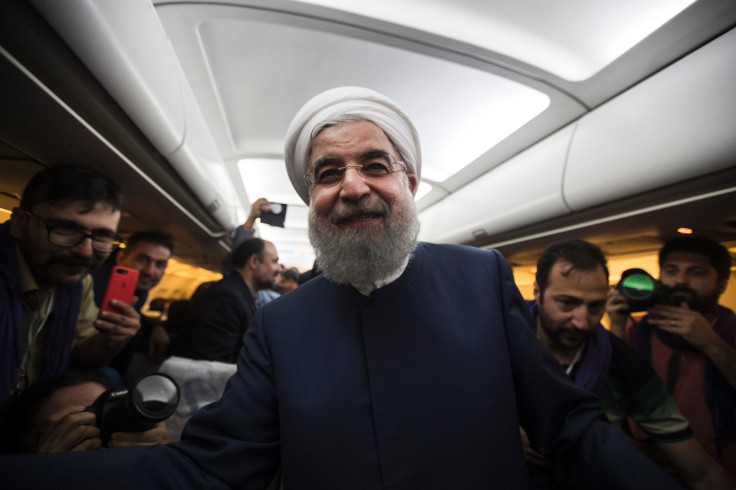How New President Of Iran Could Affect Diplomatic Relations With The US?

As Iran is set to elect its new president, its diplomatic relations with several major economies such as the United States and European Union will be affected depending on who becomes the leader of the nation.
It is not unknown that tension has been brewing between the Middle Eastern country and the U.S. since the Iranian Islamic revolution in 1979. The situation worsened during the beginning of the 21st century when the key members of the UN decided to place economic sanctions on Iran, in order to force the conservative governments in the country to back down from their extensive nuclear weapons program as FXCM reported.

Former Iranian President, Mahmoud Ahmadinejad, who governed the nation from 2005 to 2013, pushed his administration to rally against the U.S., going as far as indicating that the west was behind the terrorist attack of Sept. 11, Los Angeles reported.
After a regime change in Iran, following the 2015 elections, where Centrist-leaning President Hassan Rouhani was sworn into office, relations between Iran and U.S. began to improve. A nuclear deal was signed between the two nations under which Iran agreed to curb its nuclear policy in exchange for the international sanctions to be lifted.
Also, every president chosen by the people of Iran has a huge impact on the economy of the nation. Inflation in Iran skyrocketed to 40 percent during the term of Ahmadinejad, while it dropped to 7.5 percent under Rouhani.
Read: Tillerson Gives Russia Ultimatum: Side With The US Or Iran
The primary opponent of Rouhani is principlist (conservative) candidate Ebrahim Raisi, who is a Muslim scholar and does not have much political experience.

However, while Rouhani might have the support of Iranian people, Raisi shares a close relation with current supreme leader of the Islamic Revolution, Ayatollah Ali Khamenei. He has also been appointed custodian of Astan Quds Razavi, which is in charge of the Imam Reza shrine, the holiest Iranian shrine and is the preferred choice for the right-wing hardliners of Iran, Aljazeera reported.
Another opponent of Rouhani is Mohammad Bagher Qalibaf, the conservative mayor of Tehran. He has strong political experience and was the former commander of the Revolutionary Guard Corps.
While the U.S. government would ideally prefer Rouhani to be reelected for a second term, Iranian Students Polling Agency revealed last week that while the incumbent president is in the lead, with 41 percent, his opponents are not far behind.
Another point of concern after America’s own regime change is how well a conservative leader will get along with the likes of President Donald Trump. While diplomatic relations between the U.S. and Iran had improved to a certain degree under former President Barack Obama, the presidential selection of Iran might play a huge role in maintaining the same going forward.
Trump has made the elimination of radical Islamic threat one of the primary agendas of his administration, tweeting in February that he is putting Iran “On Notice” after it tested out medium-range ballistic missile.
“The Trump administration will no longer tolerate Iran’s provocations that threaten our interests,” said former National Security Advisor Michael Flynn.
© Copyright IBTimes 2024. All rights reserved.






















